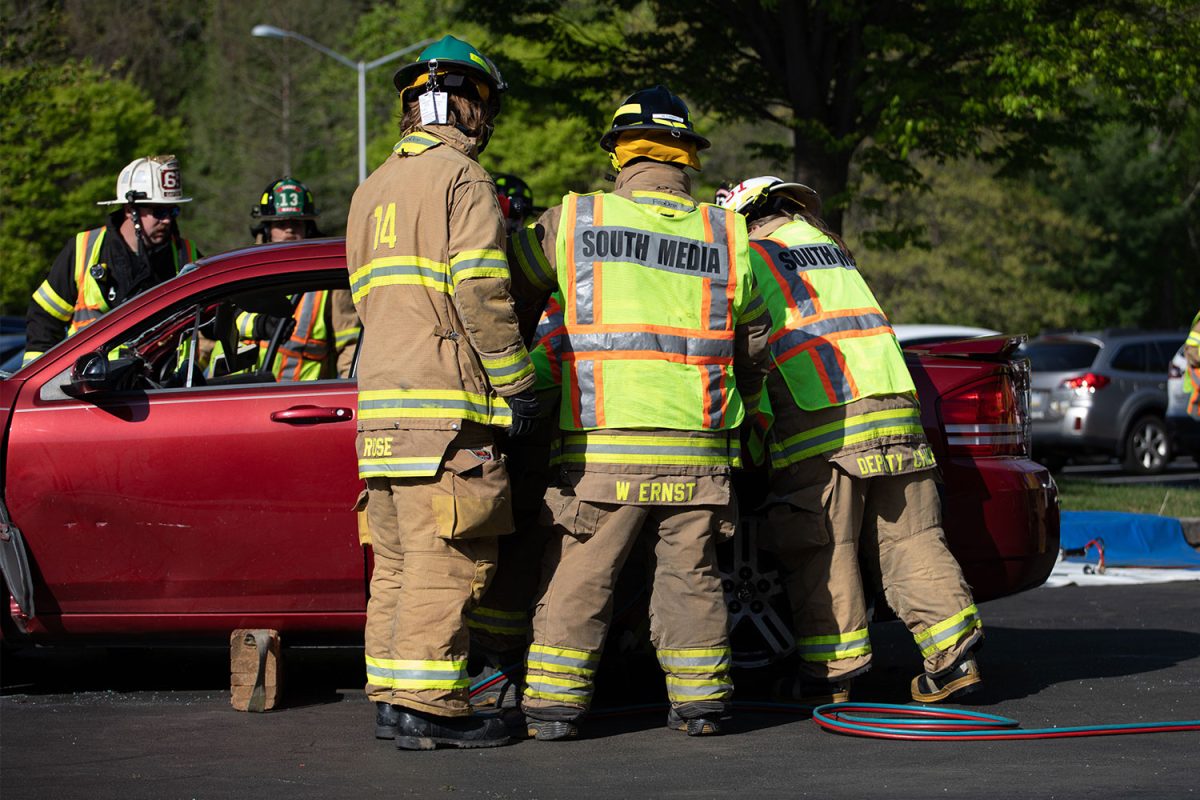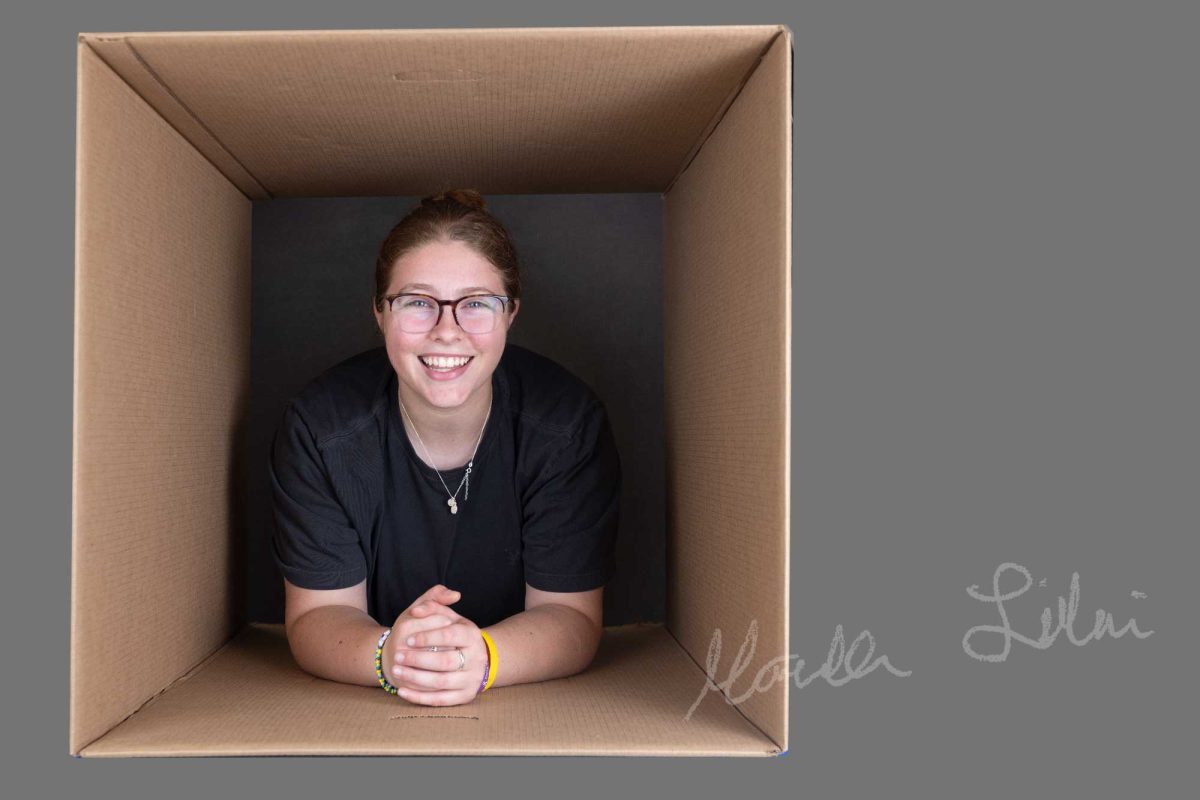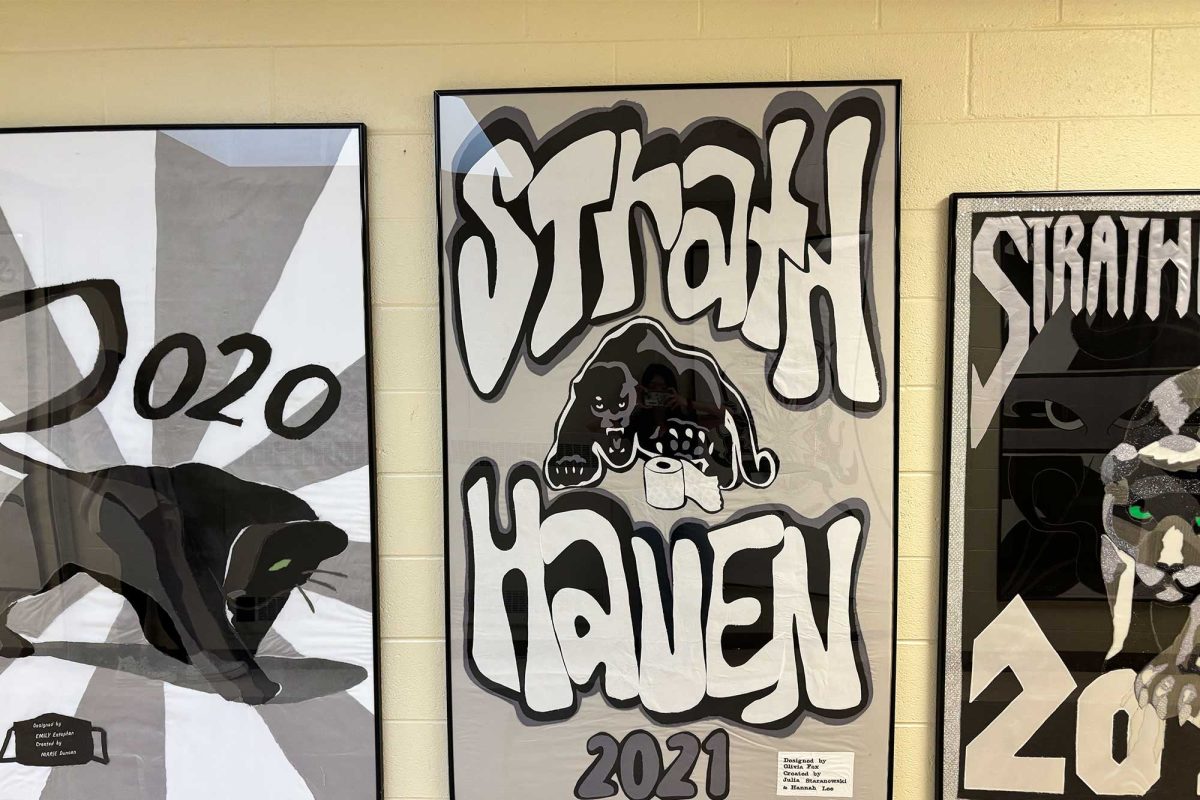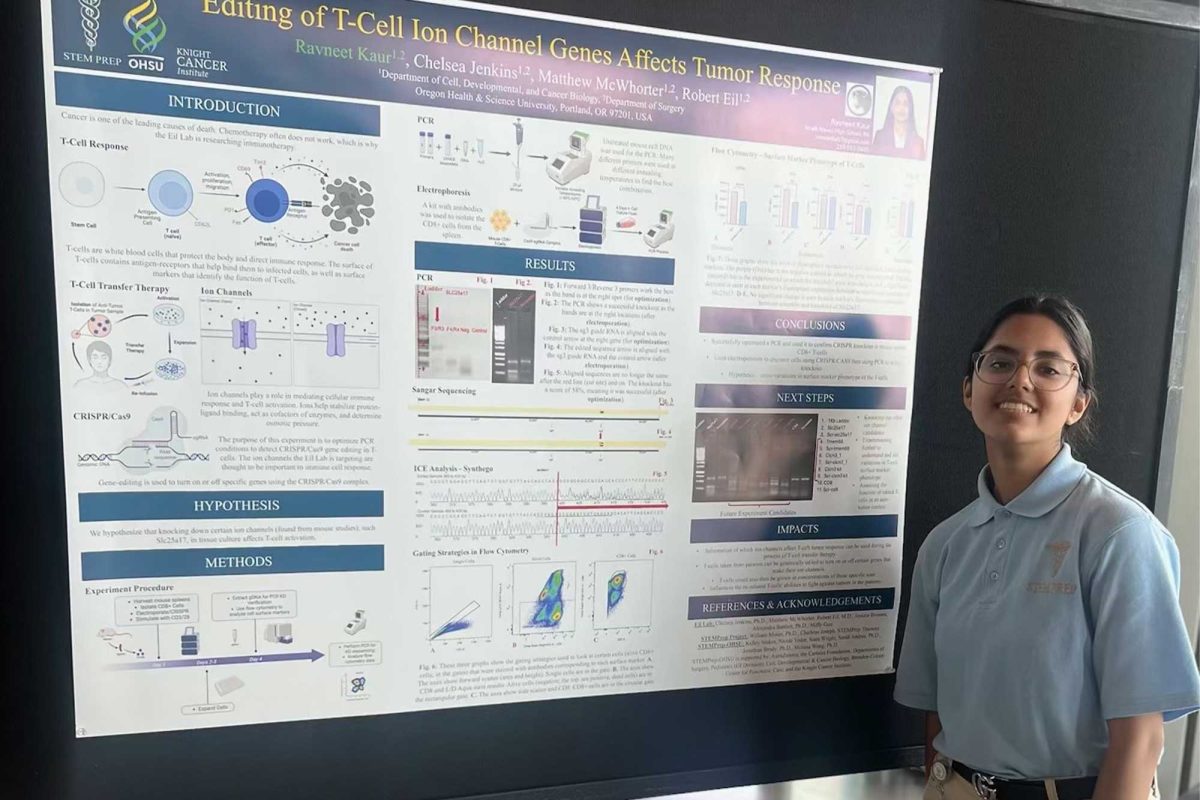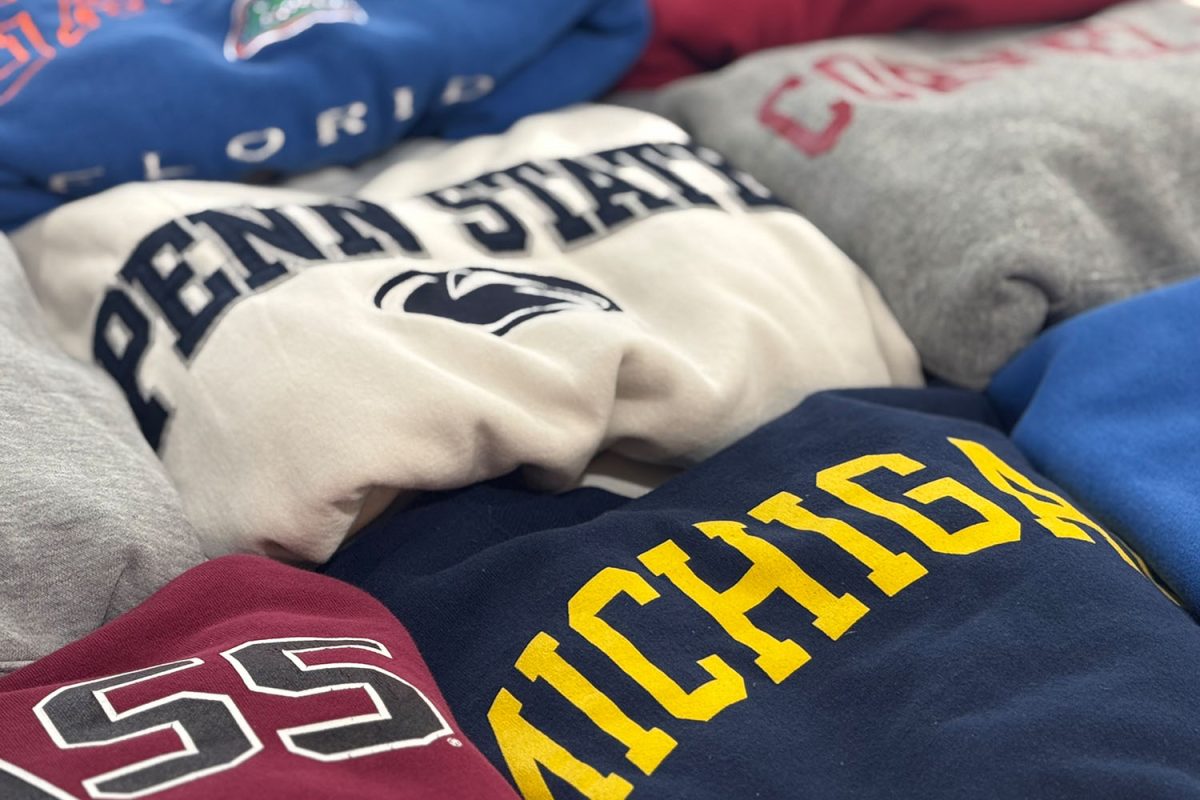For years, students in the junior class have gathered to watch the mock crash presentation before their prom. This year, the mock crash is not happening, begging the question of whether it was necessary for students.
The mock crash previously took place the week before junior prom to educate students about the dangers of driving under the influence. The primary goal has been to enforce good decision-making and emphasize the importance of safety.
“I think the main intention is to demonstrate what one potential outcome is of an extremely poor decision and to help people understand that decisions have consequences,” Principal Dr. Greg Hilden said. “Sometimes, we think the decisions we make just affect us, but they don’t. They affect our family, our school, and the community at large.”
The event includes a speech about making good choices and follows with the main event: the crash. Students in the senior class act out the scene, and the contents are graphic and realistic.
A Delco Times article from 2023 about last year’s mock crash describes the scene in detail, noting that Garden City, South Media, Swarthmore, and Rutledge fire companies are involved in the event planning and performance.
While the mock crash gets its point across, the extremity and realism might be too much for students, hence this year’s cancellation. The decision to cancel took place after it was scheduled, as you can still find it on the WSSD April Calendar.
According to Dr. Hilden, the decision to cancel this year’s mock crash was based on its effects on the student body.
“While we believe the overall message is positive, you know, there’s a component to the mock crash that can be triggering for people. So the decision to run it is a year to year decision,” Hilden said.
“I knew a lot of kids that were kind of shaken up about it, and I thought that it was pretty graphic and kind of surprising,” senior Lila Hill said.
Most students agree that the shared message is positive: don’t drink and drive. However, is the mock crash the best way to convey that idea? Not only are students traumatized by the event, but others don’t take it seriously, which defeats the purpose.
Last year’s mock crash was well attended, with the entire junior class and some sophomore and senior classes there to witness it. Some students believe that the event was treated more as a source of entertainment, claiming that it felt more lighthearted and unserious than it should’ve been.
“I think that the people performing in it tried to convey the proper message, however, the audience seemed to receive it poorly as it wasn’t taken very seriously,” senior Carter Law said.
Whether or not students agree with the decision to cancel this year’s mock crash, several shared that the event is not taken as seriously as it should be.
“I mean, to be fully honest, I kind of thought it was funny. Obviously it’s a very serious matter, but just like with the overdramatic performances from the kids, it felt more like a comical event to me,” senior Meredith Seidman said.
Aside from the lack of severity, students said that they feel the event is valuable because it addresses a topic we don’t often discuss.
“Everyone always says, don’t drink and drive but we kind of don’t go in depth about it and I don’t think that kids think about it as much as they should,” Hill said. “If we need to have something graphic and gruesome to scare kids into thinking that, I think that’s a decision that probably should be made.”
According to the National Highway Traffic Safety Administration, an estimated 37 people in the United States die in drunk driving-related accidents every day. Car-related accidents are still the leading cause of teen deaths in the USA, hence why the drunk-driving discussion is so prevalent.
Talking about safe driving, especially for those learning to drive, is incredibly important. It’s also a tricky topic to address, and it must be done with the right amount of delicacy and severity. If the mock crash intends to educate teens and teach them about making good choices, it should be planned so students are forced to take it seriously.
As Hill said, the graphicness and gore involved in the scene may seem extreme, but might be the only way to get students’ attention. Holding an assembly might not be enough, but the mock crash isn’t always able to capture that attention without traumatizing some students.
Even without the mock crash, the message to students will still be conveyed in some form. There has been discussion of an assembly or alternate event that will take the place of the crash, with the same goal of informing the students about safety and good decision making.
“We will still most likely have some type of junior assembly before the prom. Because the ultimate goal of the mock crash or any other assembly before prom is to reinforce the concept of good decision making,” Hilden said. “We want to create an environment where people take a step back and think about everything before they make a decision.”



